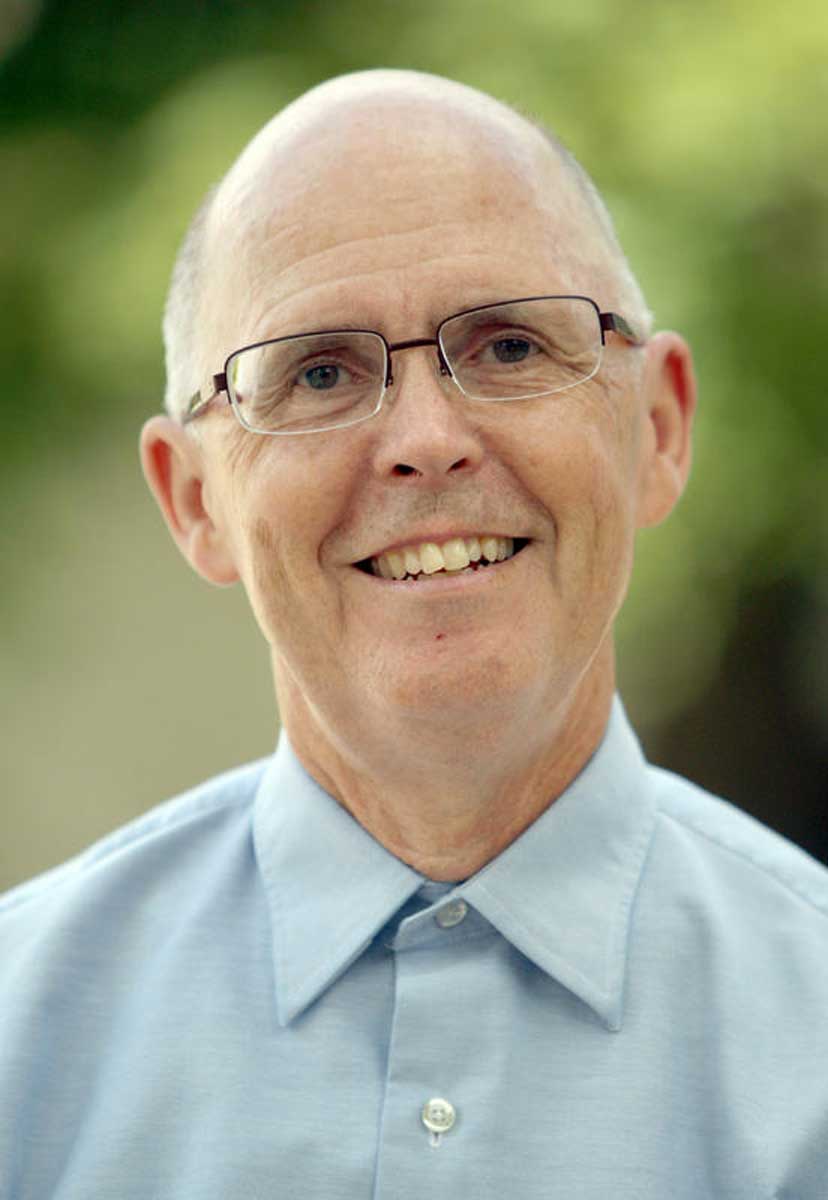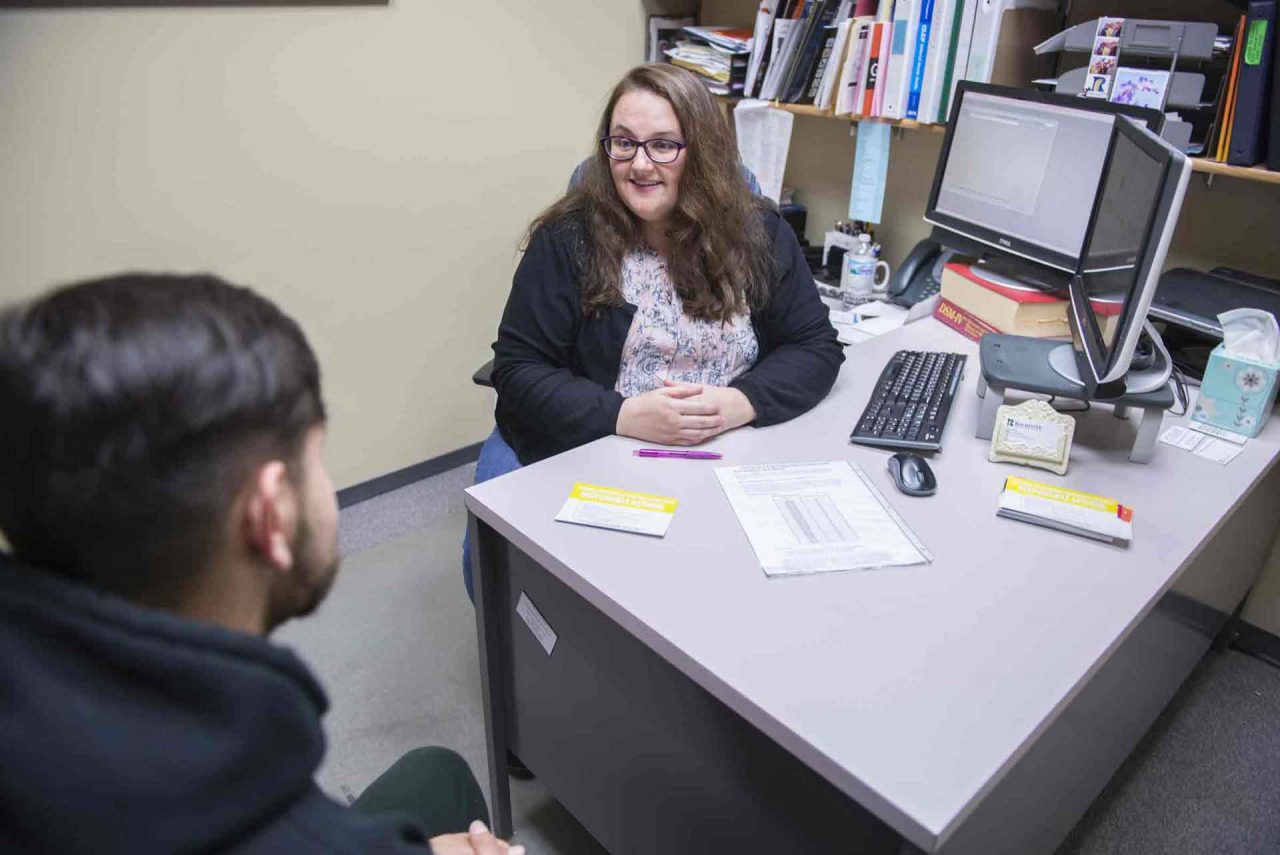By Lydia Hansen
Editor-in-Chief
Lydia.Hansen1961@mb.rctc.edu
For every student, the goal of their college career is to be able to begin their future career as soon as possible after graduation.
Unfortunately, choosing what career to pursue is a daunting and sometimes difficult task. That’s why counselors Gregg Wright and Deb Vang have an end goal of helping every student understand how to make that plan a reality.
They begin this process by teaching a mindset that encourages students to remain open to possibilities throughout their career search. Wright and Vang see finding a career as a process of decision-making, opportunities, and overcoming fear, rather than an isolated event or epiphany.
“The career path is not A to B,” Vang said. “You can’t predict the future. You can’t tell what’s going to happen. Just take steps as best as you can.”
They teach students to make an important distinction between a career and a job. While a job is part of the career, they encourage students to look at their overall plan and decide where and how they want to live when making a career decision. Their hope is that students will come to understand that the job they get now or after graduation doesn’t have be a job they stick with for the rest of their life.

Greg Wright
“A career is like a journey,” Wright said. “Just because you see this [job] as your first stop, that doesn’t mean it’s your last stop.”
In addition to giving students the right mindset, career counseling provides students with tools and resources that help them see the most possibilities before narrowing that field down.
To facilitate this process, the Counseling Center offers drop-in career workshops throughout the semester, available to anyone with a student ID. These can help students get started on the career search process and prepare them for further investigation or follow-up sessions with a career counselor.
During these sessions, as well as in one-on-one counseling appointments, students complete self-assessment surveys on a software program called Sigi 3. This matches a profile of their skills, interests, and values to different potential jobs. Career counselors also use government statistics of salaries and job market growth to supplement the self-assessment results and give students a better idea of what potential jobs could offer them.
Wright explained that career counseling can be useful to all students, whether or not they have any idea what they want to do in the future.
“We answer more than just what am I going to do with this degree?'” Wright explained.
Those who have not yet chosen a degree can use career counseling to discover what areas or fields they want to pursue and then select a degree which supports that. Students who have already chosen a degree may find that counseling will reveal the variety of future jobs their degree is preparing them for.
“We start where you are and help narrow it down from there,” Vang said.
Vang, an RCTC full-time counselor of 3 years, personally experienced how self-assessments can open doors for unexpected career opportunities. When she got “student personnel” on a career placement quiz, she realized counseling was what she wanted to do. Although originally she completed a degree in theatre, she feels having finished it was important.
“Having a degree, no one can take that away from you, even if it doesn’t apply to where you end up,” Vang said.
Besides making students aware of possible jobs they may have never considered, the counseling department also works to dispel the myth that there is only one job that could make each person happy.
“The myth is that you have to find your passion,” Wright said, “but there’s a lot of people who just say I just want a job!’ We help them understand that there’s nothing wrong, and that work can still be fulfilling.”

Based out of the Counseling Center on the first floor of Student Services, Vang and Wright offer a variety of counseling services to students struggling to realize their dreams. In addition to career counseling and workshops, they’re able to provide personal counseling to students in crisis or academic and transfer counseling similar to academic advisors.
This holistic approach to counseling allows them to better assist students in their search for a job or degree that will help them achieve their career goals. By addressing everything that affects a student’s life (work, family, stress, personal or financial struggles, and academic obstacles), they can tackle potential problems with more information and accuracy.
“That’s part of why we think we do so well in keeping students engaged in school,” Wright said. “We don’t just deal with their anxiety and stress. We talk about what’s going on in their lives, what are their career objectives, so they can fit all that together and see the light at the end of the tunnel.”
Other resources:
Another career resource available is Workforce Development, Inc. (WDI) with office locations on the Heintz Center campus. WDI offers a variety of career related resources, including job postings, help creating resumes and cover letters, interview preparation, skill training, mentoring opportunities, and more. Contact WDI at 507-292-5152 to find out what they have to offer.
